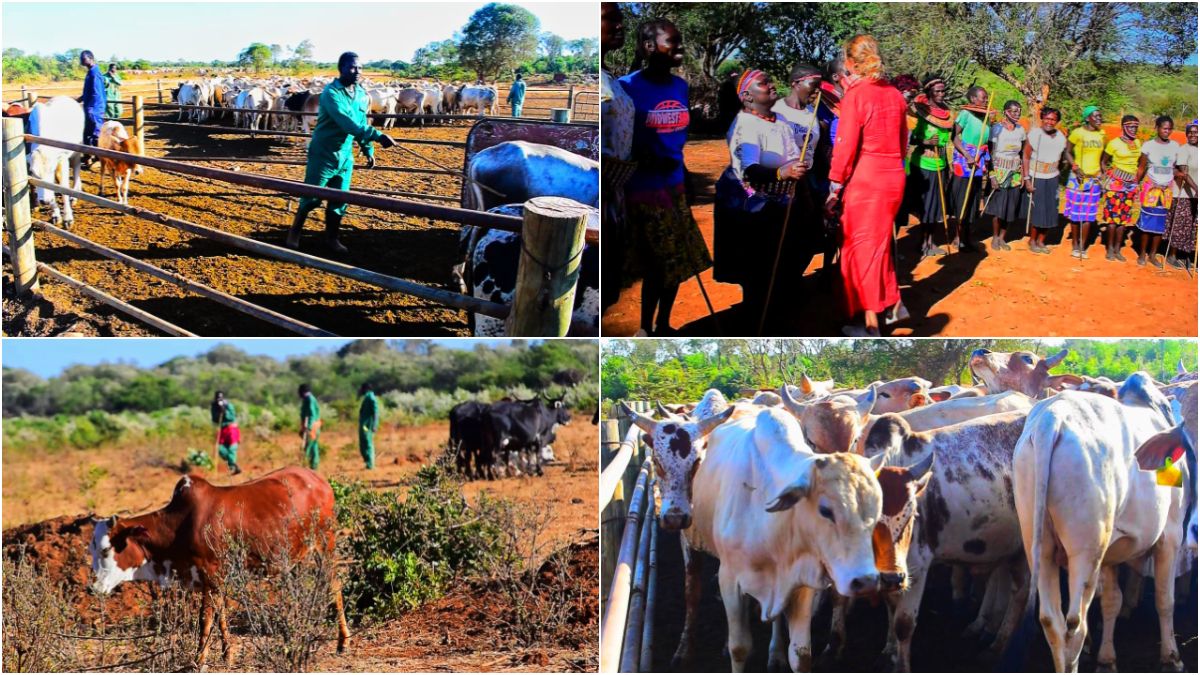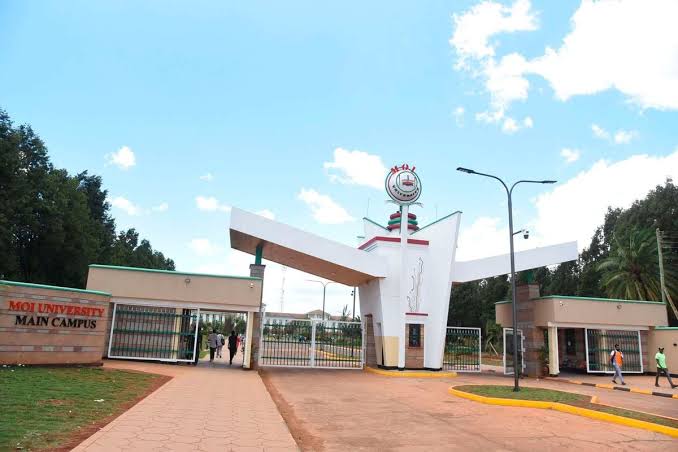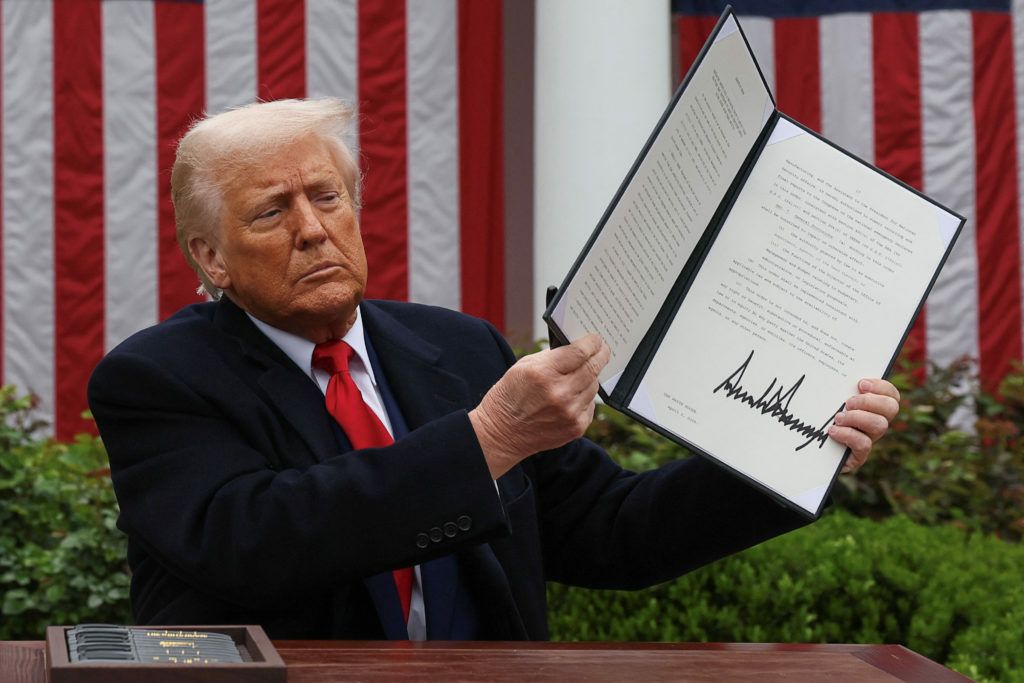Mukutan — formerly Laikipia Nature Conservancy — which used to hit the headlines in the wake of conflicts in the area is not just a conservancy. Today, it is a meeting place for diverse biomes, cultures, and ideas.
Africa bears the brunt of climate change, and Mukutan pioneers a new formula for global conservation.
Through innovative Biodiversity Protection, Community Empowerment, and Creative Innovation, Mukutan delicately balances human needs with biodiversity, empowers local communities, and bridges nature with artistic expression.
Mukutan inspires global communities, where visitors become part of a transformative journey towards a harmonious co-existence between humanity and the environment.
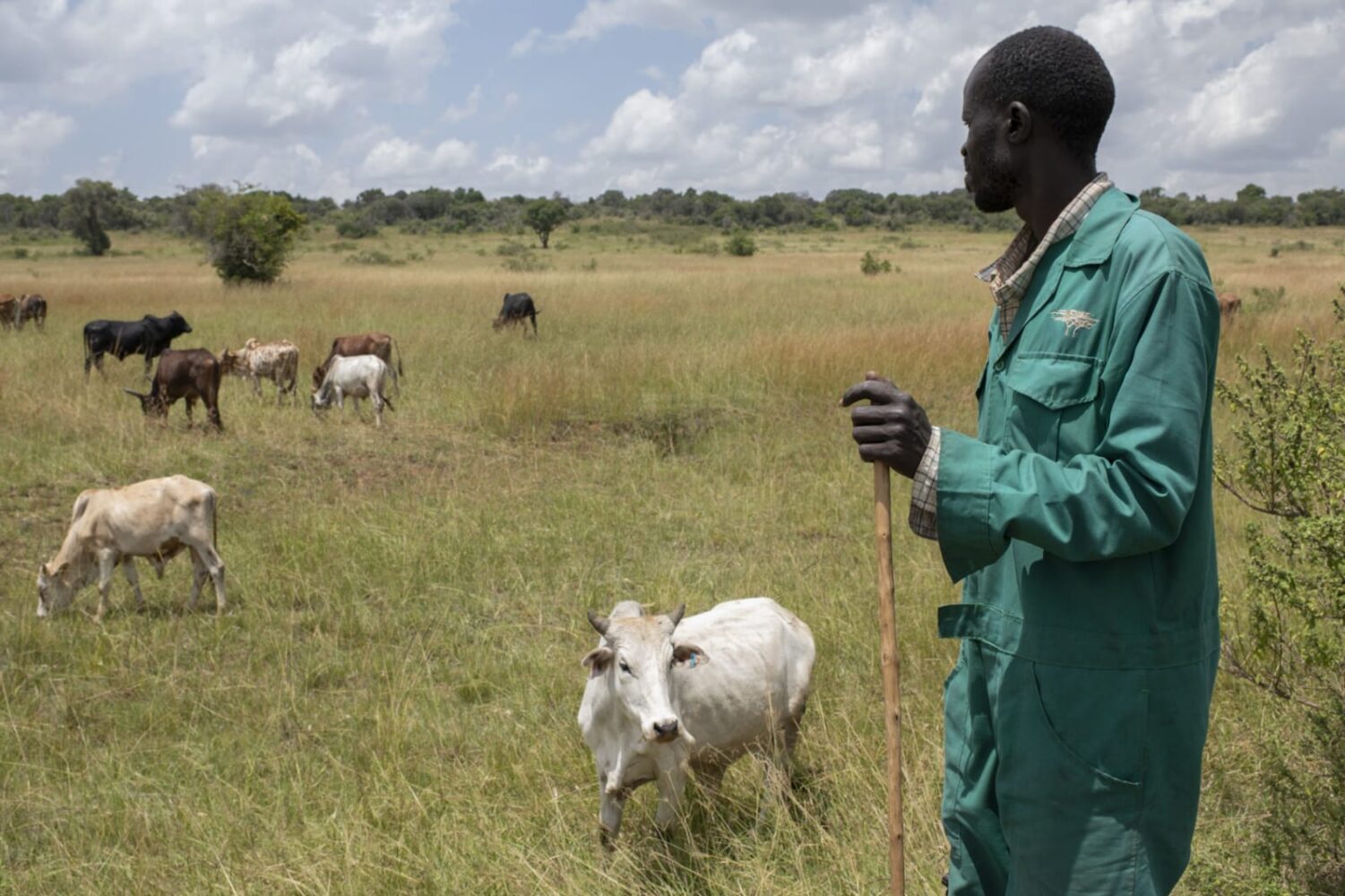
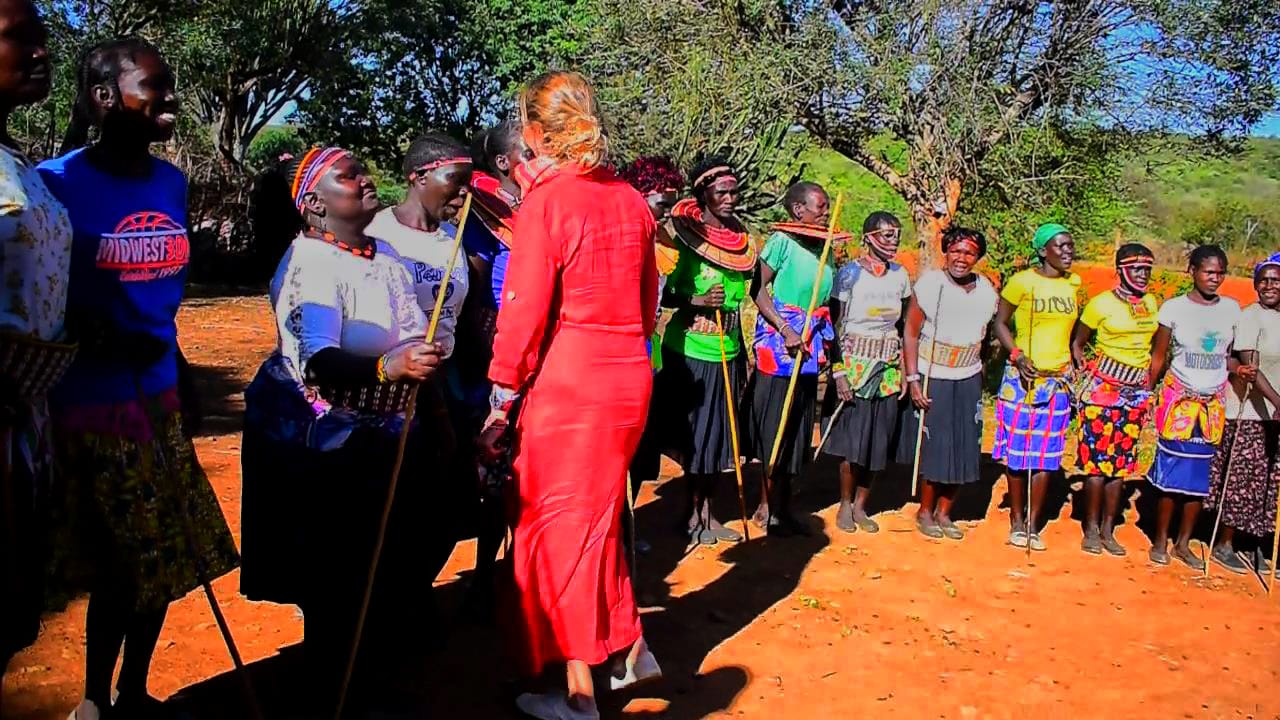
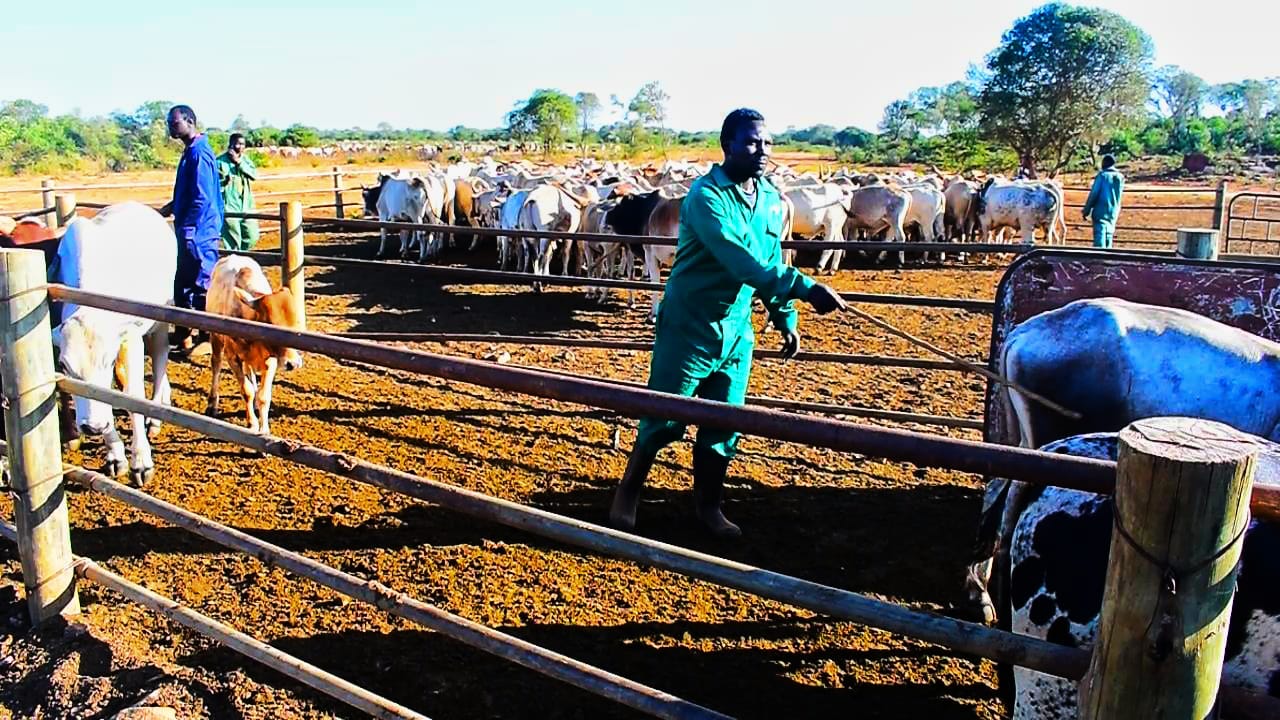
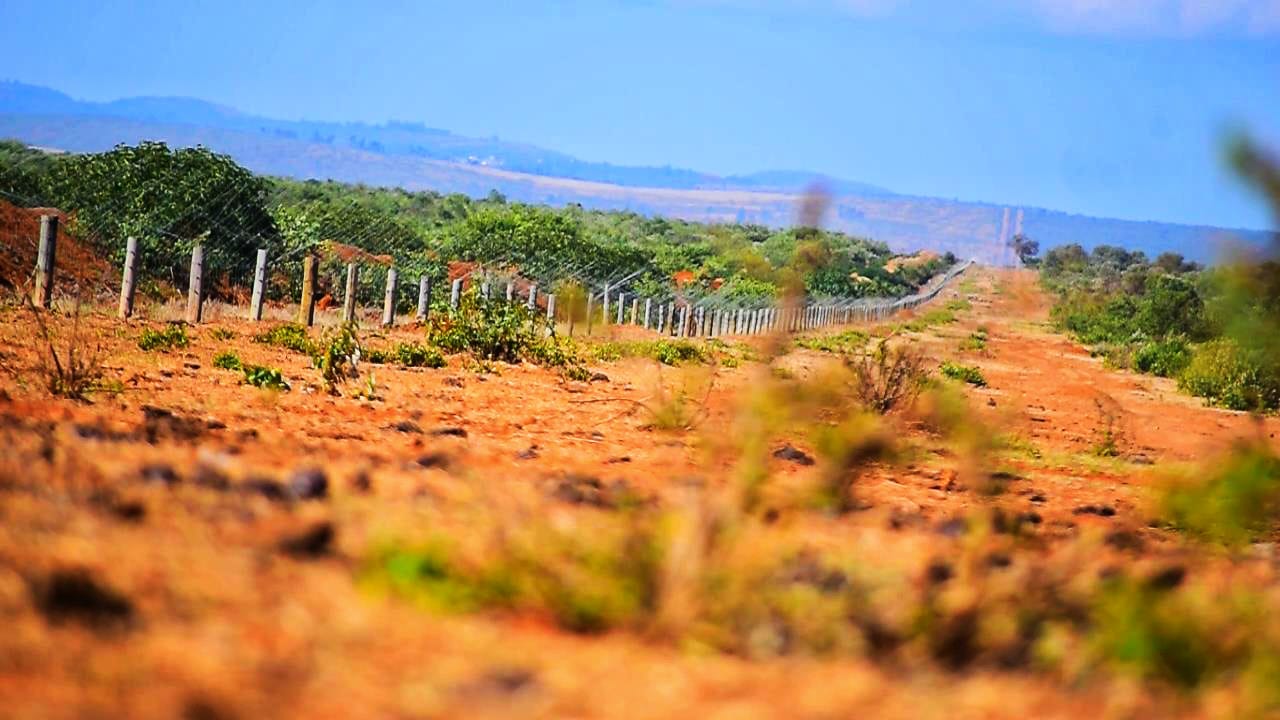
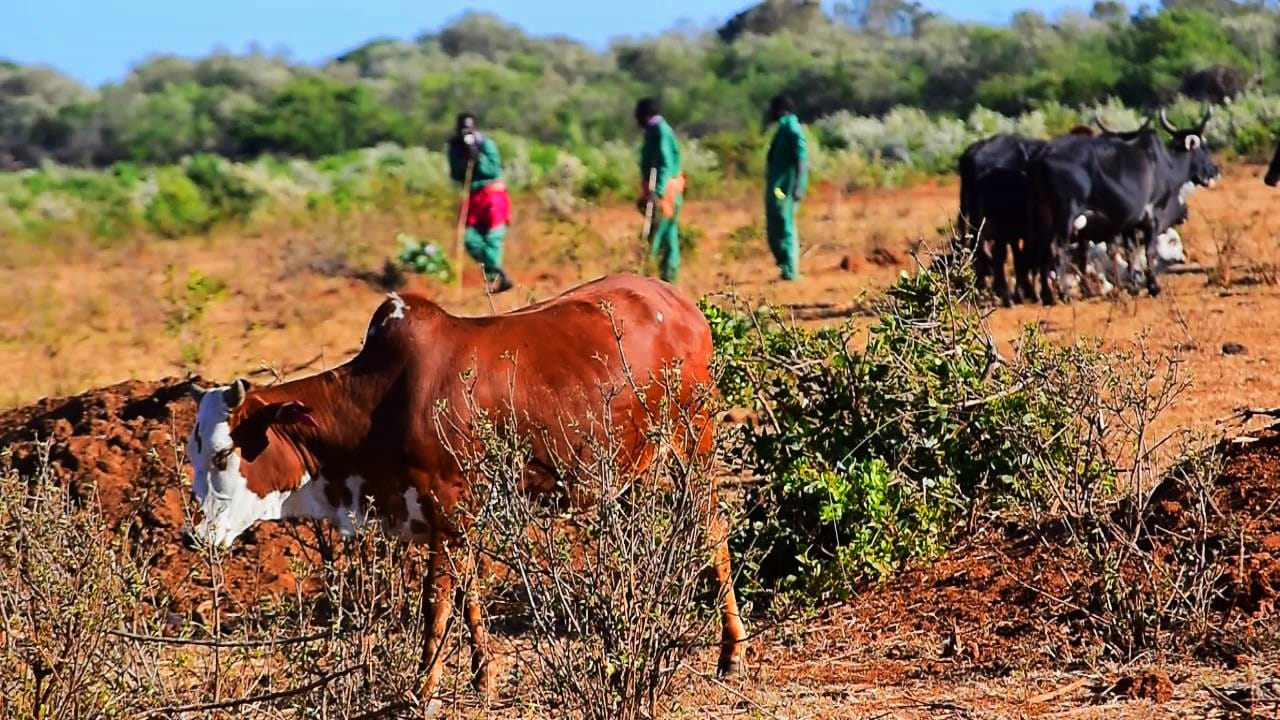
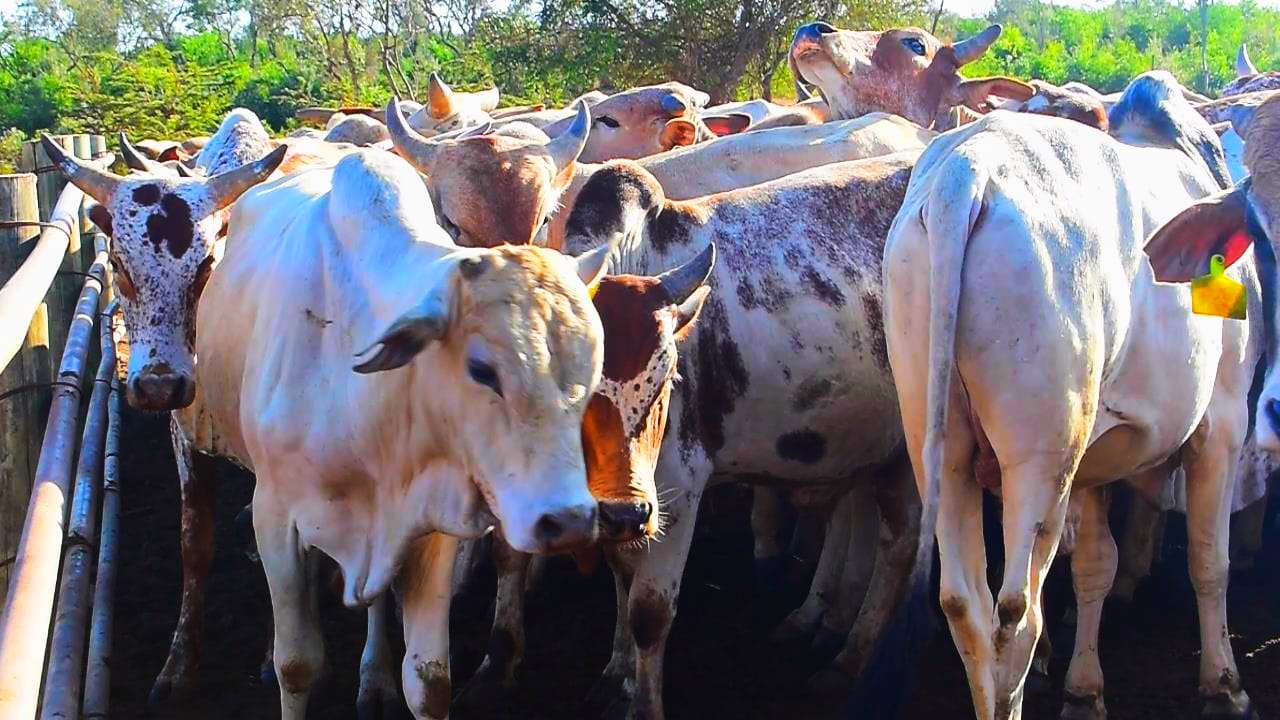
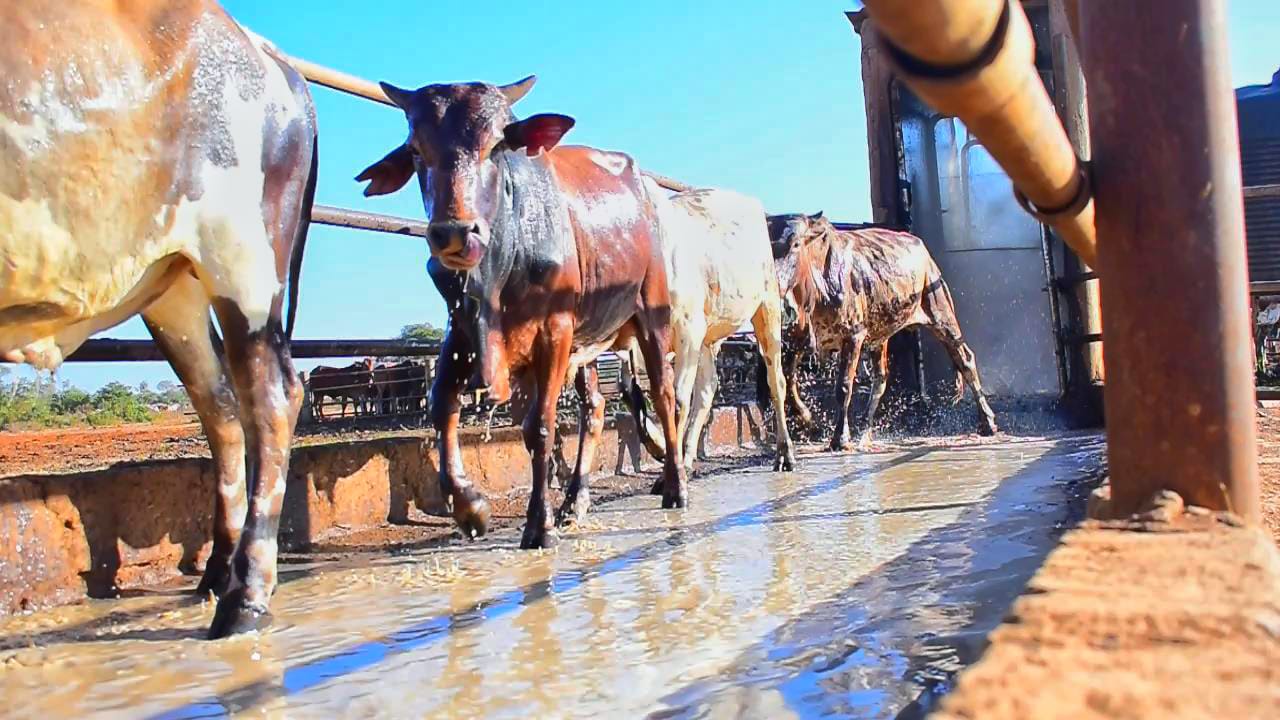
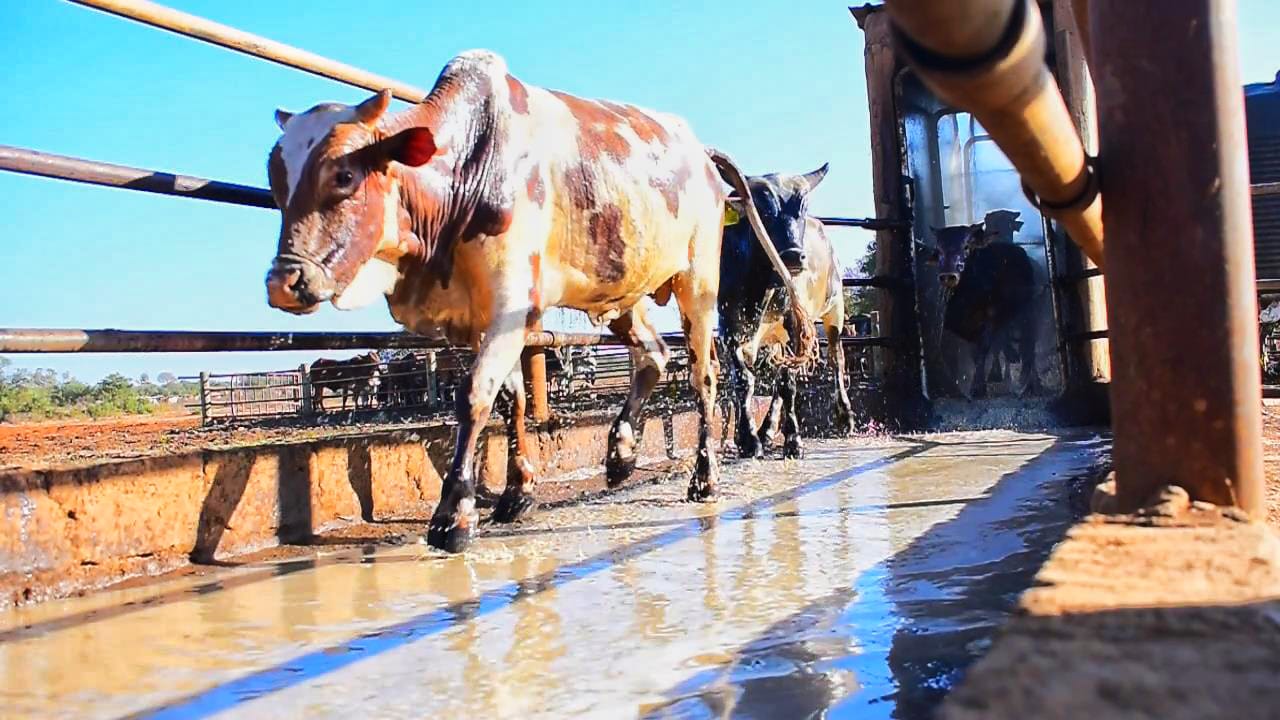
Mukutan Conservancy leads the way in Sustainable Community Upliftment in Laikipia County: The conservancy’s programs uplift local communities through sustainable economic growth, environmental conservation, and improved food security; Mukutan Conservancy is leading the way with innovative conservation practices that balance human needs with biodiversity, offering a model that strengthens resilience against climate change.
In a significant stride toward this goal, Mukutan has raised over KSh40 million towards the community through its innovative livestock projects.
During the pilot phase since 2023, Mukutan has facilitated the sale of over 700 cattle, actively reducing pressure on community areas while providing essential support to local livelihoods.
“For us, cattle is everything. It’s not just a source of income—it’s our way of life. Mukutan has given us a way to keep our traditions alive while securing a future for our children,” said Losiokana Tuikong, a local herder, reflecting on the profound impact of Mukutan’s community livestock program.
Communities in Laikipia County face severe economic and environmental challenges, including recurrent droughts and insecurity from external forces.
Traditional cattle farming practices have often worsened these issues, leading to overgrazing, conflict, and resource depletion. In a region scarred by drought and land disputes, Mukutan’s programs provide a lifeline for pastoralists and their cattle.
“Through our community livestock initiative, we’re not just managing cattle; we’re investing in our local communities. By fostering sustainable practices and offering critical support, we’re paving the way for a brighter, more resilient future for all,” said Sveva Gallmann, Director of Mukutan Conservancy.
Mukutan operates two distinct programs that directly address these challenges:
Dedicated Grass Bank: This initiative offers pastoralist communities, including neighbouring groups, a safe area to graze their cattle. During droughts or prolonged dry seasons, when grazing lands become scarce, pastoralists often drive their herds into farmland or private property, sparking conflicts over land use.
Mukutan’s grass bank eliminates this risk by providing a dedicated grazing space, ensuring both the sustainability of cattle and the livelihood of communities. The program also creates job opportunities for local youth, with Mukutan hiring over 100 individuals as herders, supervisors, and field staff to oversee the project.
Livestock Fattening Program: Local community members can entrust their cattle to Mukutan, which manages the fattening process and facilitates livestock sales. This allows pastoralists to earn stable incomes without the logistical burden.
Since 2023, Mukutan has coordinated the sale of over KSh40 million worth of cattle, directly benefiting surrounding communities. The program not only strengthens financial stability but also ensures sustainable resource management.
“We used to worry every dry season. Now, we know our cattle will be fed,” said John Lomany, a local pastoralist. “With Mukutan managing the fattening and sale of our livestock, I have found a sense of security.”
As climate change intensifies across Africa, communities like those in Laikipia County are on the frontlines of environmental and economic vulnerability. Mukutan’s initiatives offer a sustainable model for land and resource management that not only reduces conflict but also promotes local economic growth and strengthens resilience against climate-induced challenges.


